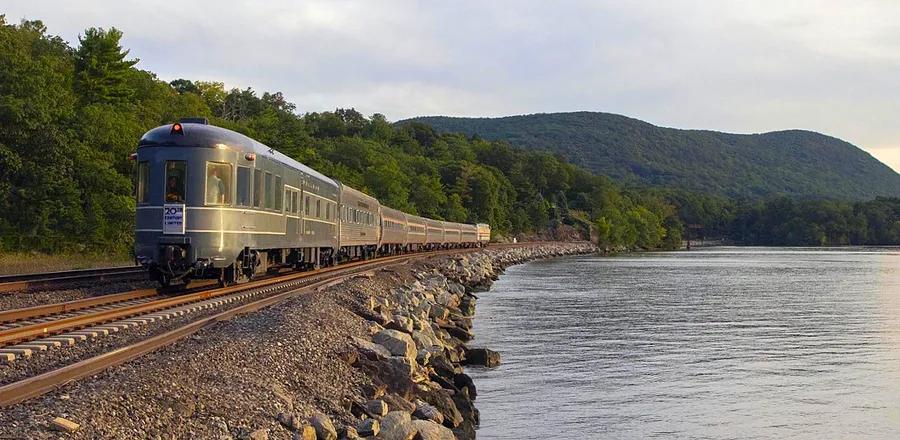The Great Barrier Reef is currently facing its sixth mass bleaching event. Here's why researchers are raising alarms.

Australia's Great Barrier Reef is experiencing its sixth major bleaching event, driven by heat stress from climate change, as confirmed by the reef's management authorities on Friday.
This update comes during a 10-day monitoring mission by UNESCO scientists, who are deliberating whether to add one of the world's seven natural wonders to their 'in danger' list.
The Great Barrier Reef Marine Park Authority (GBRMPA) and the Australian Institute of Marine Science (AIMS) reported on Friday that aerial surveys of approximately 750 reefs have revealed widespread bleaching, with the most severe damage found in the northern and central regions.
‘More than half of the visible coral cover from the air is severely bleached to a completely white state, with signs of fluorescence in pink, yellow, and blue,’ explained AIMS coral biologist Neal Cantin.
‘The corals are producing fluorescent pigments in an effort to shield their tissues from heat and the intense sunlight during these marine heatwaves,’

Coral bleaching typically occurs when water temperatures rise significantly above normal. However, this bleaching event is happening despite La Niña, which usually brings cooler-than-usual temperatures to the equatorial Pacific.
This marks the fourth mass bleaching event in just six years, and the first since 2020, when roughly a quarter of the reef surveyed showed signs of severe bleaching. That event followed closely after back-to-back bleaching in 2016 and 2017. Previous occurrences were in 1998 and 2002.
David Wachenfeld, the chief scientist at GBRMPA, stated that the coral is under stress but is not yet dead.
‘If water temperatures drop, bleached corals can recover from this stress. It’s important to note that the 2020 mass bleaching event saw very little coral mortality,’ Wachenfeld explained.
Natural wonder at risk
Stretching 1,400 miles (2,300 kilometers) along Queensland’s coast, Australia’s Great Barrier Reef was a major tourist destination, drawing around three million visitors annually before the pandemic closed borders.
This year, aerial surveys conducted by helicopters and fixed-wing aircraft revealed that the most severe bleaching is occurring near Townsville. Tourist hotspots like Cairns and Port Douglas have been less affected due to lower heat stress levels.
Bleaching happens when stressed corals expel the algae within their tissues, depriving them of their food source. If conditions don’t improve, the corals can starve and die, turning white as their calcium skeleton becomes visible.
‘Even the hardiest corals take nearly a decade to recover,’ explained Jodie Rummer, Associate Professor of Marine Biology at James Cook University in Townsville.
‘We’re losing that recovery window. We’re facing back-to-back bleaching events and heatwaves. The corals simply aren’t adjusting to these changing conditions,’ she said.

The Australian government has faced growing pressure from UNESCO to demonstrate it is taking sufficient action to protect the reef.
While additional funding was appreciated, global climate experts and others have criticized the government for failing to do enough to move Australia away from fossil fuel reliance.
The Climate Action Tracker has rated Australia's climate efforts as ‘highly insufficient.’ ‘The government seems determined to replace fossil fuels with more fossil fuels,’ it states, referencing the ‘gas-led recovery’ initiative launched in 2020 to combat the economic impact of Covid-19.
On Monday, United Nations Secretary-General António Guterres called out Australia, naming it among a ‘handful of holdouts’ in the G20 nations who have yet to announce significant emissions cuts.

He stated that countries and private corporations investing in coal are undermining global climate targets. He also called fossil fuel investments and subsidies ‘a foolish move that leads to billions in stranded assets.’
‘It’s time to end fossil fuel subsidies and halt the expansion of oil and gas exploration,’ he emphasized.
Amanda McKenzie, CEO of the Climate Council, argued that the real issue the government must tackle is climate change.
‘To give our reef a chance to survive, we need to address the primary issue: climate change. No amount of funding can prevent these bleaching events unless we reduce emissions in this decade,’ she said in a statement.

1

2

3

4

5
Evaluation :
5/5